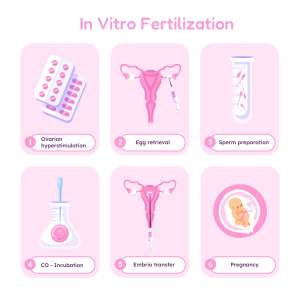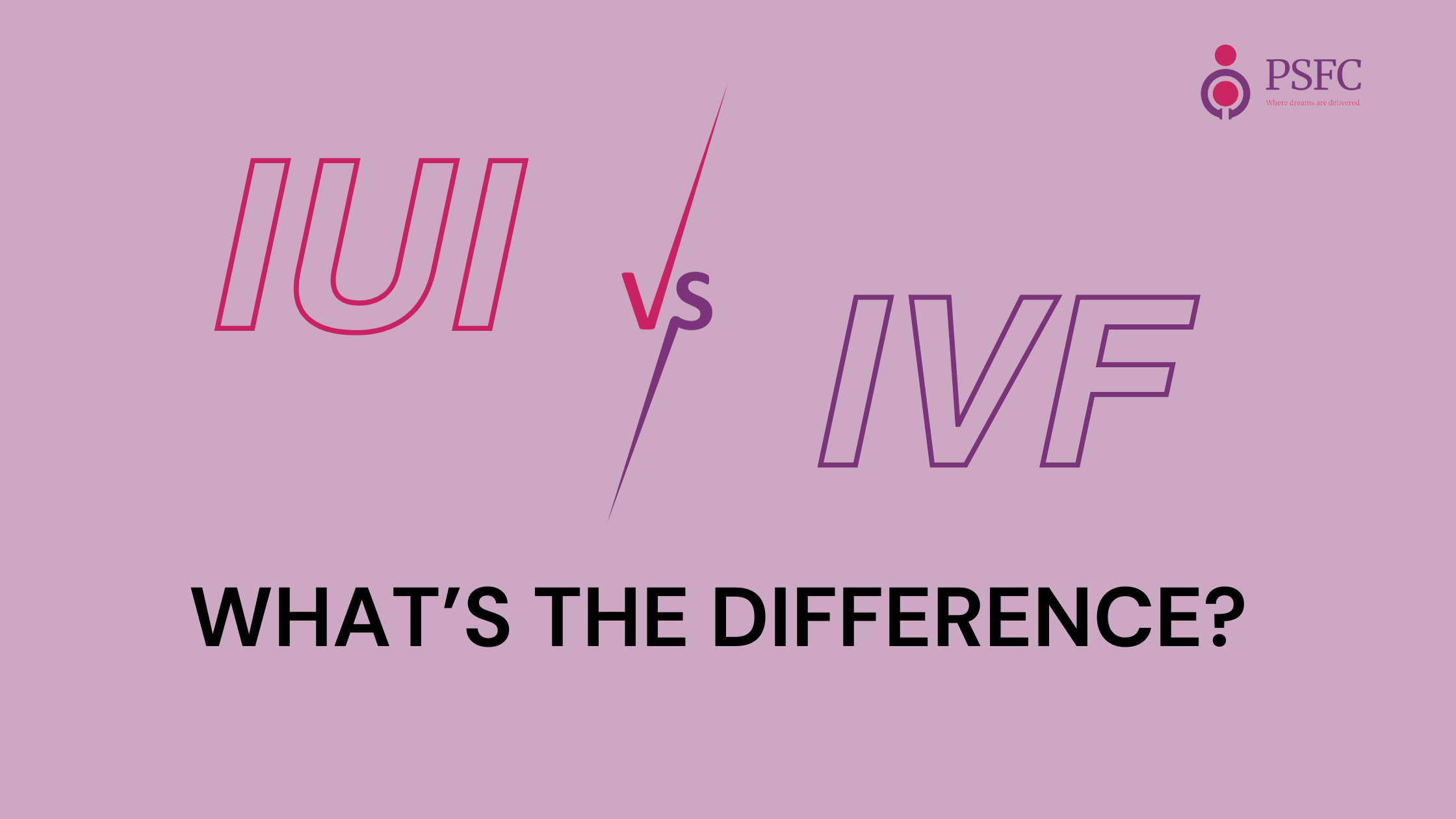You might have seen many banners and received pamphlets related to infertility treatment.
Wondering what infertility treatment is all about?
What is the equipment used for the treatment?
These questions arise not only for you but also for several people who are infertile and people who want to gain knowledge on infertility.
Here is a gist!
For couples struggling with infertility, assisted reproductive technologies provide hope and options for starting or expanding their families.
Intrauterine Insemination (IUI) and In Vitro Fertilization (IVF) are commonly used procedures. Each method has distinct processes and benefits, making it essential for couples to understand the differences.
When considering these fertility treatments, consulting the IUI Treatment Centre in Chennai can provide comprehensive guidance and personalized care.
We shall examine the differences between IUI and IVF in this article, offering light on their practices, rates of success, and applicability for various infertility conditions.
IUI: Intrauterine Insemination
Intrauterine Insemination, commonly known as IUI, is a fertility treatment that involves inserting specially prepared sperm directly into the uterus. This process bypasses the natural barriers that sperm encounter during intercourse, putting them closer to the fallopian tubes where fertilization occurs.
The IUI procedure begins with a thorough evaluation by a fertility specialist in Chennai to assess the couple’s fertility status. In the woman, the reproductive system is examined, hormone levels are checked, and ovulation is monitored. In men, a semen analysis is performed to determine sperm quality.
Once the woman’s ovulation cycle is determined, fertility medications may be prescribed to stimulate the release of multiple eggs. A semen sample is collected, washed, and prepared in the laboratory to concentrate the most active and healthy sperm.
During the IUI procedure, the prepared sperm is inserted into the uterus using a thin catheter. This process is relatively quick and painless, similar to a routine pelvic exam. After the procedure, the woman may rest for a short period before resuming normal activities. A pregnancy test is typically scheduled around two weeks later to confirm the success of the IUI cycle.
IVF: In Vitro Fertilization
 In Vitro Fertilization, known as IVF, is a more complex assisted reproductive technology that involves fertilizing eggs with sperm in a laboratory setting. IVF is often recommended for couples with more significant fertility challenges or when IUI has been unsuccessful.
In Vitro Fertilization, known as IVF, is a more complex assisted reproductive technology that involves fertilizing eggs with sperm in a laboratory setting. IVF is often recommended for couples with more significant fertility challenges or when IUI has been unsuccessful.
The IVF process begins with ovarian stimulation, where fertility medications are administered to enhance the production of multiple eggs. Regular monitoring through ultrasounds and hormone tests is crucial to assessing the development of the eggs.
Once the eggs are deemed mature, they are retrieved from the woman’s ovaries with a minor surgical procedure. In a lab, the recovered eggs are then joined with sperm for fertilization. After a few days of growth and development, the resulting embryos are assessed, and the most viable ones are selected for transfer.
Embryo transfer is a key step in the IVF process, where the chosen embryos are carefully introduced into the woman’s uterus. This procedure is similar to an IUI performed with a catheter. Following the embryo transfer, the woman typically rests for a brief period before resuming normal activities.
To establish whether the IVF cycle was successful, a pregnancy test is performed about two weeks following the embryo transfer. In some cases, multiple embryos may be created and frozen for future use, allowing for additional attempts without repeating the entire IVF process.
Differences and Considerations
It is important for couples to discuss their specific infertility concerns with a fertility specialist in Chennai to determine the most suitable treatment option. While IUI and IVF are both effective fertility treatments, there are key differences to consider:
Success Rates: IVF generally has higher success rates compared to IUI, especially for couples with severe male factor infertility, tubal damage, or advanced maternal age. For couples who experience minor male factor infertility or unexplained reproductive challenges, IUI could be a good alternative.
Cost: IUI is typically less expensive than IVF since it involves fewer procedures and laboratory interventions. However, the overall cost varies depending on the medication, monitoring, and the number of cycles required.
Multiple Birth Risks: IVF carries a higher risk of multiple pregnancies due to the potential transfer of multiple embryos. This can increase the chances of complications, such as premature birth and low birth weight. IUI, on the other hand, has a lower likelihood of multiple pregnancies.
Underlying Causes: IUI is suitable for couples with mild sperm abnormalities, cervical factor infertility, or unexplained infertility. IVF is recommended for more complex infertility issues, including severe male factor infertility, tubal blockages, endometriosis, or ovarian disorders.
Conclusion
If you are looking for the IUI Treatment Centre in Chennai?
PSFC is the right place. We at Pearl Singapore have specialised equipment for anyone who dreamt of being a parent.
When infertility affects a couple’s dream of starting a family, understanding the differences between IUI and IVF becomes essential in determining the most suitable path to parenthood.
Consulting a fertility specialist in Chennai who offers comprehensive services and personalized care is crucial in navigating the complexities of fertility treatment.
By considering individual circumstances and seeking professional guidance, couples can make informed decisions that give them the greatest chances of achieving their dream of parenthood.




